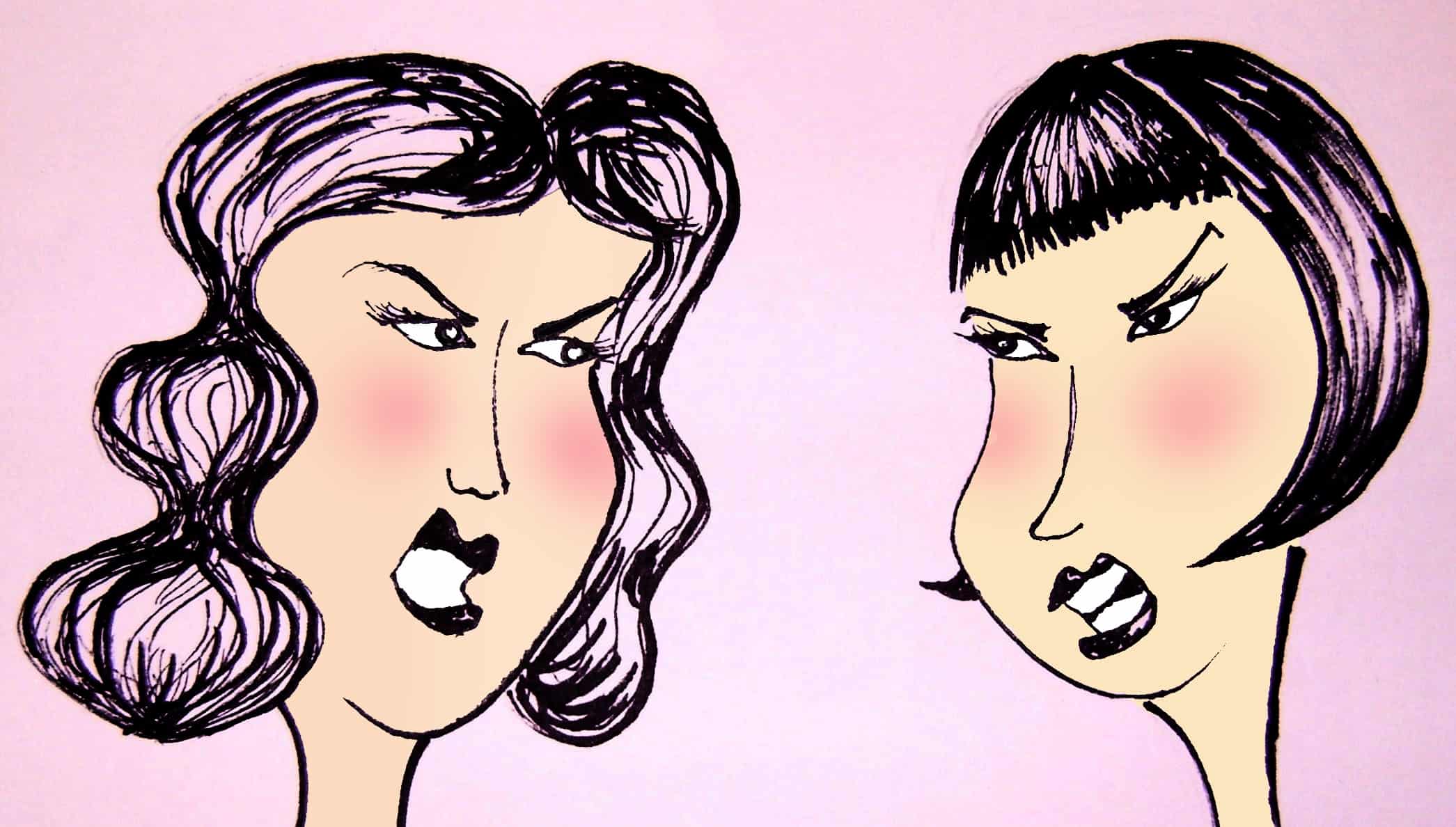Last week, there were two events that held deep significance and big implications for the Canadian culture of today: I stood in line at a post office and I turned the TV on to the CBC when I got home. What I saw on TV, after what I had just witnessed at the post office, left me feeling disgusted and altogether hopeless. At the post office, a younger, 20-something man in front of me was having an argument with a 50-year-old postal worker behind the counter. The customer was inexplicably rude and demanding, calling the post office employee heinous names and cursing loudly as an older woman, a young mother, her young child, and I stood around in a sort of dumb shock. Did he not understand that one shouldn’t treat others this way? Then something curious and upsetting happened when the customer addressed me: he was nice. Which made me wonder if he was being so rude to the gentleman and so civil to me because, unlike the post office cashier, I speak without an accent. I, like the irate customer, reek of generations of Canadianism.
Nonetheless, as I walked out the door, my mind raced with more questions: why are so many people so rude, and why did I not say something? Why didn’t I tell my peer that he cannot treat people that way? In that post office there should have been nothing holding me back from speaking up, from saying “that ain’t right,” because that is what each of us in there believed. The whole moment encapsulated what appear to be two growing trends. When it counts, Canadians are not as polite as the stereotype lets us believe, and we are not willing to plainly point out what is not acceptable. We see it in our politicians and we see it in our streets. I thought I might simply be romanticizing an era I never knew, nostalgic for a past that may never have existed. But that cannot possibly be the case; basic human decency cannot possibly be antiquated. My Canada is not rude; it is kind, not discriminatory, inclusive, and accepting. I see less and less of this in my Canada every day.
At home, the TV blinked on to an attack ad against Liberal interim leader Bob Rae, paid for by the Conservative Party of Canada. Among other grievances, it condemned Rae’s actions as premier of Ontario in the early 1990s. Attack ads during election campaigns have grown in popularity since the 1990s, because however much Canadians deplore them, the ads work. All the major parties have used them. My point is not partisan; we are witnessing volatility between politicians of all stripes. But we are years away from another federal election, the Conservatives have a majority, Rae is not even leader of the official opposition, and most important of all, who cares about what he did two decades ago? The ad is just another example of the decline in civility in Canadian politics and the ideologically-based bullying that litters the headlines today. Politics is adversarial, but does it have to be this bad? The Conservatives would be quite happy to see the Liberals disintegrate, and negative ads like that are quite helpful to their cause. But again, who cares? I would rather see my governing party invest in informing my fellow citizens about the important work they are doing, about what matters today or, even better, actually doing the work. At this point in the game, the issues trump the parties.
Lately, the House of Commons has been engrossed in accusations over Robocalls and indeed the issue of fraudulent phone calls seeking to disrupt the fair democratic process during last year’s federal election is extremely important. The fact that it is even an issue is disconcerting enough and a further reflection of the fall of Canadian politics. Things weren’t so dirty here once upon a time. And the shouting of accusations back and forth in Parliament is nothing to be proud of either. There’s fighting about how the unemployment rate keeps rising but no understanding of what to do about it. Investigators are being left to sort out the Robocalls mess. The 2012 federal budget does not bode well for university students hoping to find gainful employment upon graduation. So, Canadians have two options: leave this country in search of greener pastures or start speaking up to say that this is not okay. We need to be able to tell that rude peer that such behaviour doesn’t fly in our country, just as we need to be able to tell our politicians the same. We need our MPs to stop behaving like schoolyard bullies and start working on the future of this country. We need to make them care by telling them that we care. We need to make sure that we do not lose the Canada we know and love.


